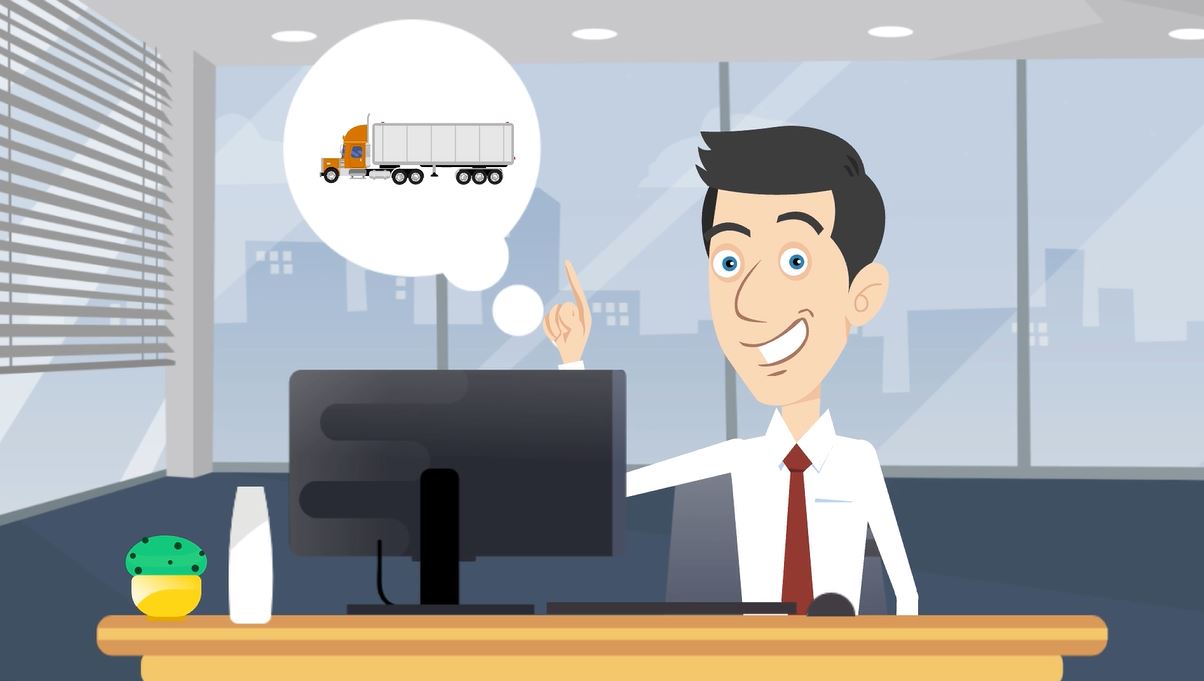Are freight matching services putting the 3PL brokerage out of business?
The trucking industry has been virtually untouched for decades and has been a mature industry that hasn’t required much change for a number of years. Recently though the industry has seen its fair share of regulatory and technology shifts that are causing industry leaders, truckers, brokers, and shippers to rethink the way business is conducted.

After the ELD mandate in 2017, the newest shift we’ve seen in recent years has been this push for autonomous trucks and other freight matching services like Uber, Cargomatic, and Convoy. Freight matching is the concept of matching a Shipper directly with the Carrier and eliminating the need for the middleman altogether. Some people think the middleman is critical for the movement but others believe that third-party brokers will become a thing of the past and technology will dispatch and manage the timing and scheduling of the truck.
If you break down the dispatch component, it’s understandable why these freight matching services are gaining momentum. When it comes to moving freight for a shipper, you need the ensure the following:
- Find a carrier who has the capability, experience, and equipment to haul the load
- Verify that the carrier has a proper authority and that they’re authorized to carry the load
- Verify that the carrier has insurance which is up to date.
Now, there is a lot more to it than the items listed but these are the main components to finding a carrier to move freight for a shipper. The above requirements are the main responsibilities for brokers. Find a carrier that has the capability, authority, and insurance to move your customer’s freight.
The Convoys and Ubers of the world believe the above can be done by using an algorithm, and they may be right. Authority, Experience, Safety Ratings, Insurance information can all be found online and are updated on an ongoing basis so there is an argument to be made that it’s possible to cut out the middleman. Now, with GPS tracking and ELD devices, it also makes it easier to find a carrier within a certain radius of a shipper in order to notify them of potential load offerings. If all of this is possible, it should open the door for more efficiency and better rates for both carriers and shippers by cutting out the middleman.
The only “BUT” in this scenario though is the human element to managing and dispatching a truck. The technology component sounds nice but what happens when a truck breaks down? What happens when a truck is late for an appointment? What happens when a problem occurs in transit? Will the technology and algorithm quickly find another solution? These are the questions that need to be answered before these freight matching services really take over. Let’s face it, shippers have a large number of resources out there to choose from when it comes to brokers, trucking companies, etc., so any mistake and that technology, or freight matching service might be out the door.
OperFi understands that these technology shifts are going to happen for the next decade and we are ready to adapt for our clients, and the market, in order to continue to be a leading-edge source in the transportation market and the transportation factoring community. Come see the OperFi difference and how our consulting and factoring approach to your trucking company is different than the rest.



